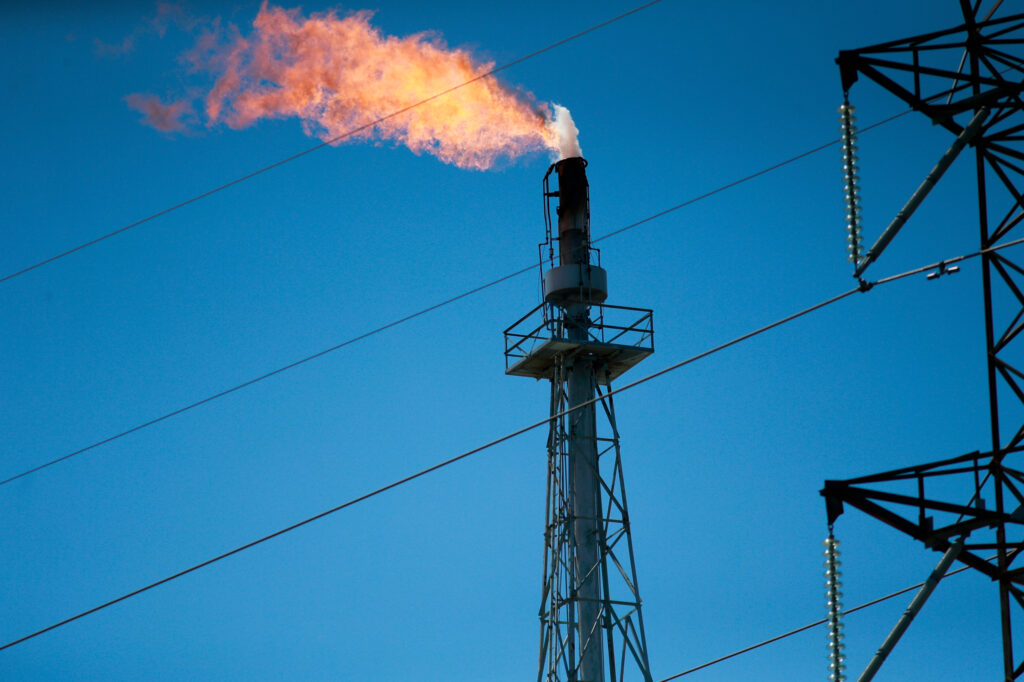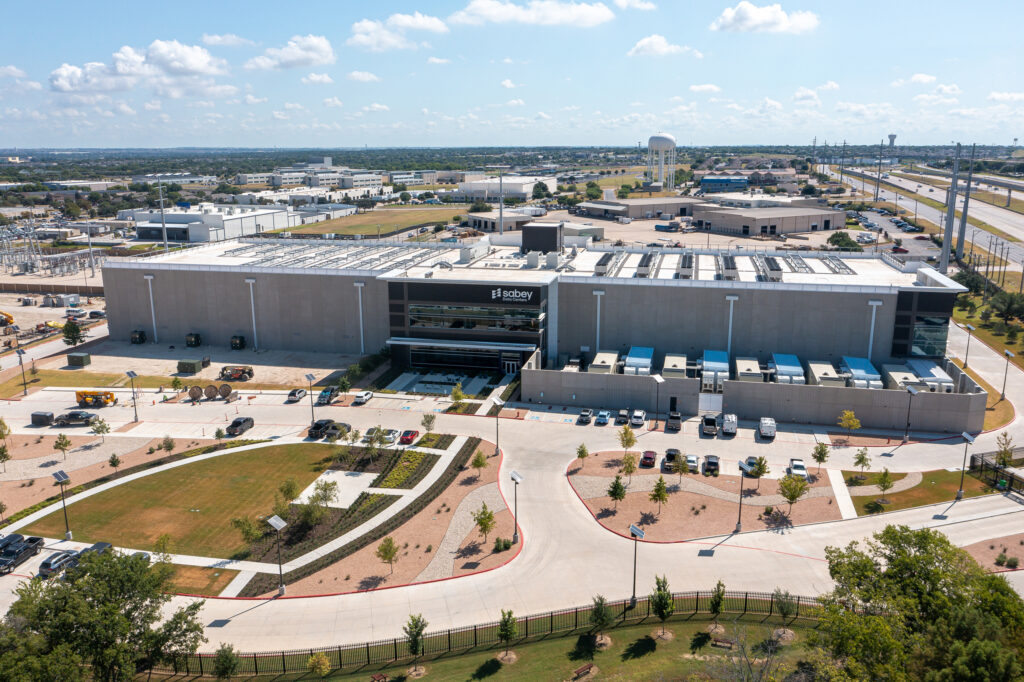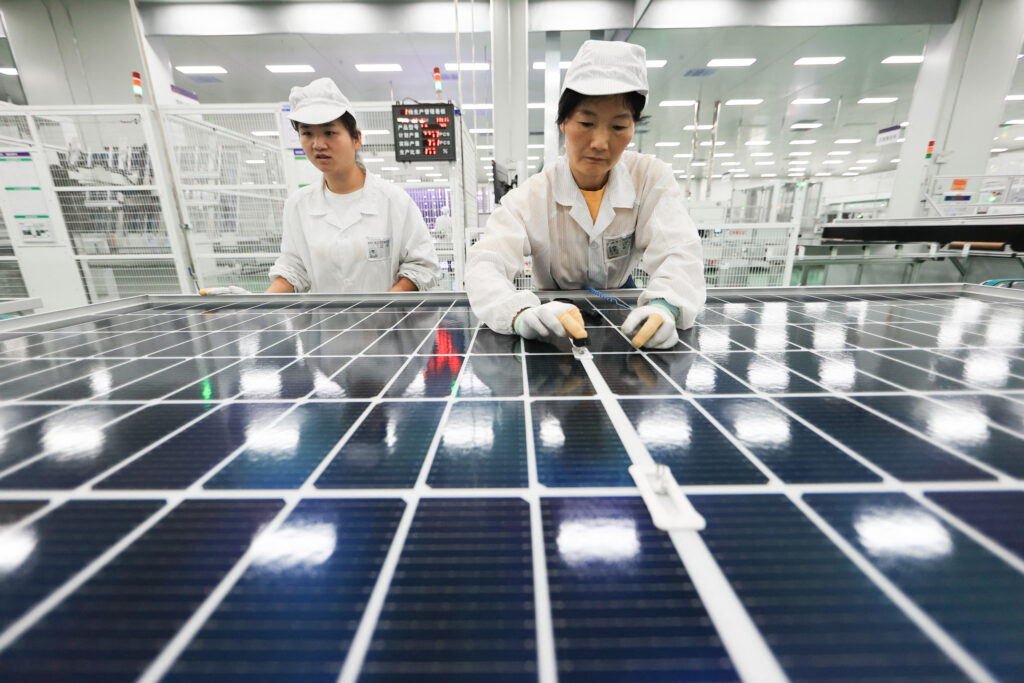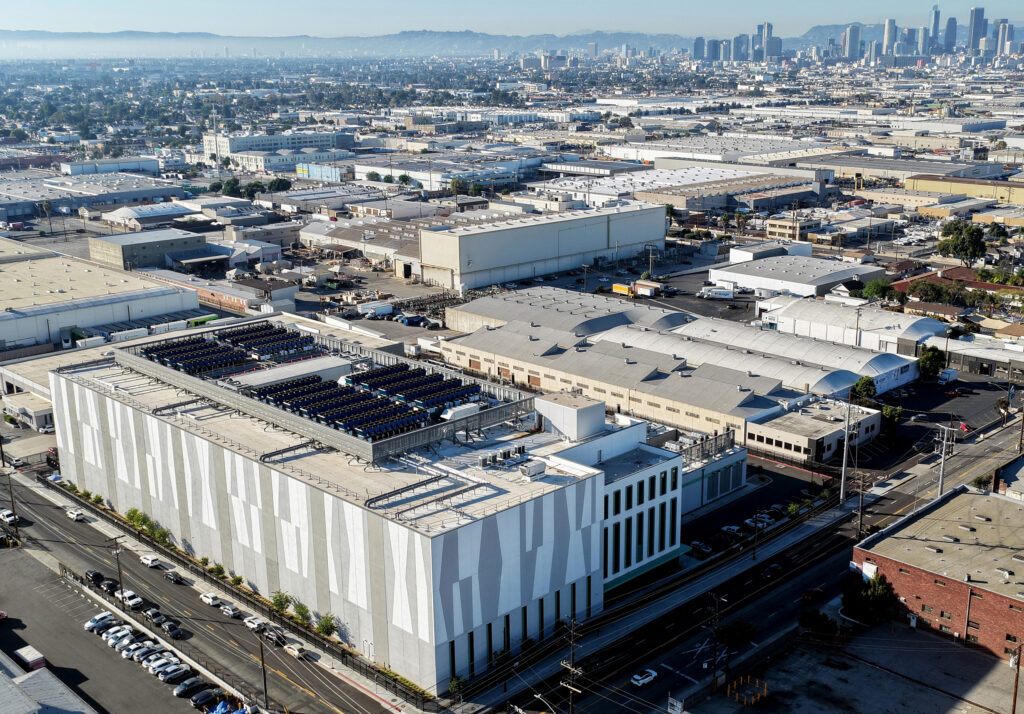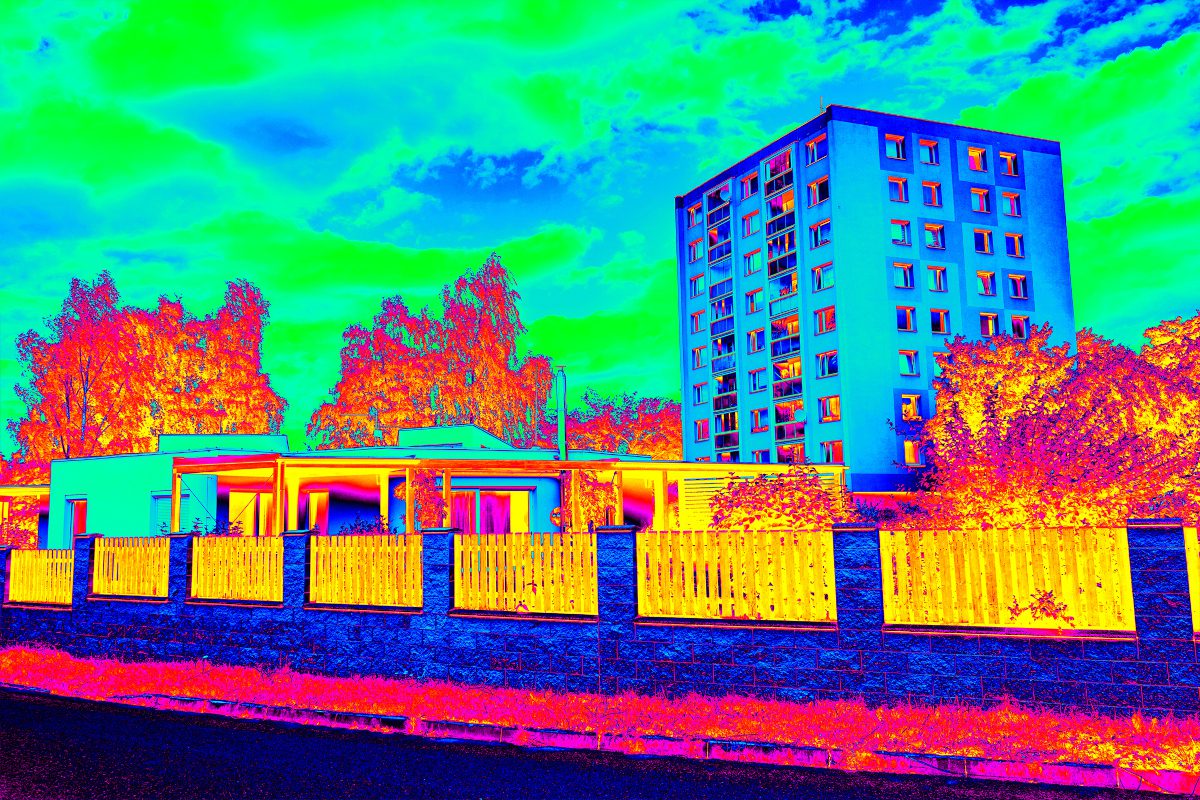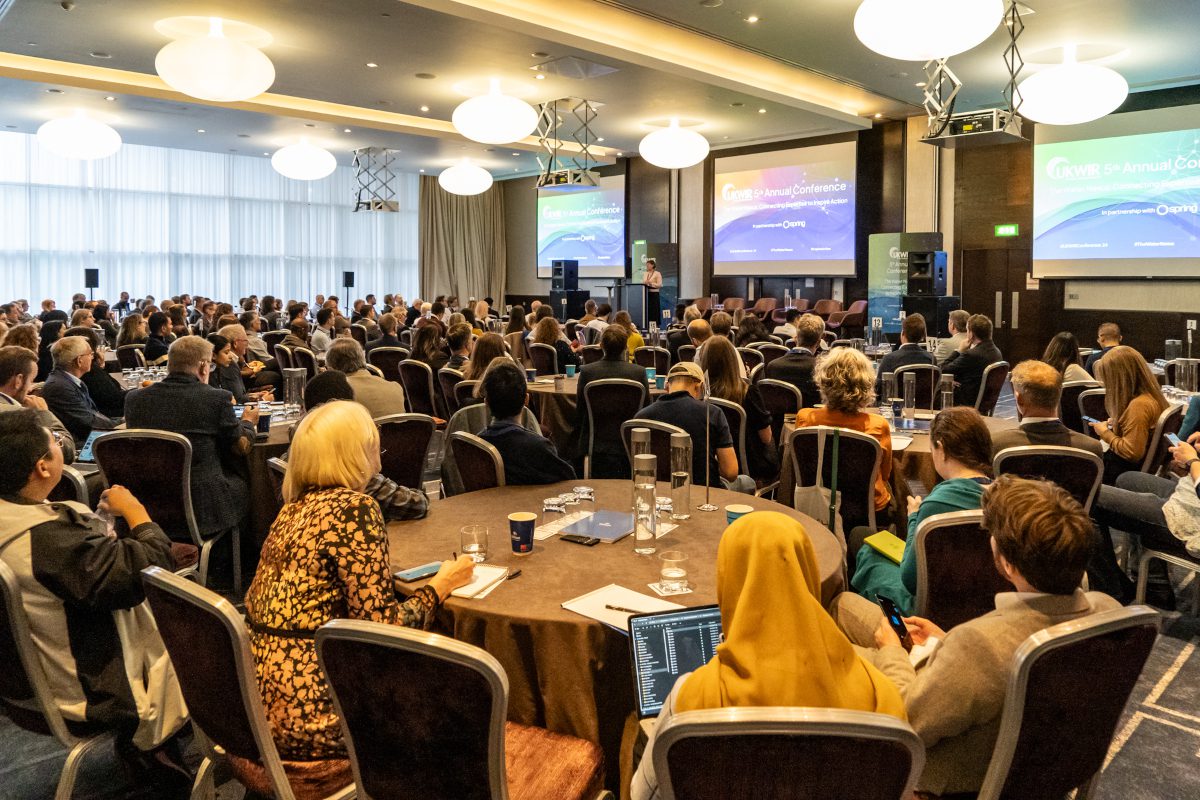Sixteen states, the District of Columbia and more than a half dozen environmental groups have alleged in a lawsuit that the Trump administration has indefinitely and unlawfully frozen funds for a nationwide electric vehicle program.
The complaint was filed on Thursday in U.S. District Court in Seattle. Plaintiffs’ attorneys are asking the judge to require the Trump administration to unfreeze the funds and distribute them to the states according to a formula established by Congress.
During the Biden administration, Congress appropriated $5 billion for the National Electric Vehicle Infrastructure Formula Program, also known as NEVI, as part of the Infrastructure Investment and Jobs Act of 2021. The money would have been disbursed each year to all 50 states, plus Washington, D.C. and Puerto Rico, to build a nationwide network of electric vehicle charging stations along designated Alternative Fuel Corridors.
“Transportation is the leading source of climate pollution in the U.S., and halting the NEVI program directly threatens our progress toward clean, reliable transportation options—especially in the Southeast, where EV infrastructure is still catching up,” said Megan Kimball, senior attorney at the Southern Environmental Law Center. “In rural and urban areas alike, more charging access means cleaner air, economic growth and real savings for families. We’re defending that future.”
The legal challenge coincided with a Government Accountability Office report published Thursday that found the U.S. Department of Transportation is unauthorized to withhold the congressionally appropriated funds. The Transportation Department could petition Congress to pass a law to rescind the funds or change the NEVI program, the GAO wrote, but it can’t act unilaterally.
A department spokesperson said in a prepared statement that the GAO report “shows a complete misunderstanding of the law” and “conflicts with Congress’ intent.”
Less than three weeks after Trump was elected to a second term, the Transportation Department ordered states to stop distributing their funds for fiscal years 2022-2025, worth about $2.7 billion. States could reimburse contractors for money already spent, but no new funding could be obligated.
DOT justified the funding freeze by saying the Federal Highway Administration was “updating the NEVI Formula Program Guidance to align with current policy and priorities.”
The GAO report concluded that the Transportation Department erroneously froze funding when it determined that funding was available only for signed project agreements. Instead, the GAO wrote, the effective date for funding was much earlier: when the law made money for the program available for obligation.
Some agencies delay their funding distribution while trying to comply with legal requirements for a program, the GAO wrote. In the NEVI case, however, DOT imposed requirements that exceed what the law prescribes. For example, the Infrastructure Investment and Jobs Act requires states to submit plans to DOT, but does not provide authority for the secretary of transportation to approve or disapprove such plans.
A DOT spokesperson said the GAO was “cherry-picking language in the program statute.”
The agency is updating NEVI program guidance, according to the spokesperson, “because the implementation of NEVI has failed miserably, and DOT will continue to work in good faith to update the program so it can be utilized more efficiently and effectively.”
Attorneys for the environmental groups—including CleanAIRE NC, the Southern Alliance for Clean Energy, West End Revitalization Project, Sierra Club and the Natural Resources Defense Council—wrote that in blocking the distribution of funds the Trump administration directly defied congressional directives.

The funding freeze nullified more than 150 state implementation plans, according to court documents, which harmed local communities. NEVI requires EV charging stations in the first phase to be installed every 50 miles along the federally approved Alternative Fuel Corridors, and that they be within one mile of those routes.
“By reducing access to reliable public charging,” the plaintiffs’ attorneys wrote, “DOT and the FHWA are restricting electric vehicle owners’ ability to travel and use their EVs, increase their fuel costs, delay EV purchases, worsen health impacts from vehicle pollution and deprive communities of promised public investment.”
In the Charlotte, North Carolina, metro area, for example, air quality—such as levels of ozone and particulate matter—has worsened, according to the 2025 American Lung Association State of the Air Report. The largest city in North Carolina, Charlotte is ringed and bisected by several highways clogged with cars.
“Tailpipe pollution is a public health crisis—fueling asthma, heart disease, and respiratory illness in communities already overburdened by environmental harm,” Jeff Robbins, executive director of CleanAIRE NC, said in a prepared statement. “NEVI is a vital step toward reducing that harm through zero-emission transportation. Freezing the program blocks progress and keeps our most vulnerable residents breathing dirty air. Clean air and climate justice cannot be put on hold.”
Interstate 85 and U.S. Highway. 70 run through many underserved communities in Alamance County, N.C., about 30 miles west of Durham.
“For decades, communities like ours in Alamance County have been denied access to basic infrastructure,” said Omega Wilson, co-director of the West End Revitalization Association. “The NEVI program offers a real chance to change that—with public investment in EV charging that finally includes rural Black and brown neighborhoods. Suspending the program delays critical investments, widens infrastructure disparities and sends the message that once again, the taxpayers who’ve been left behind the longest will be the last to benefit.”
About This Story
Perhaps you noticed: This story, like all the news we publish, is free to read. That’s because Inside Climate News is a 501c3 nonprofit organization. We do not charge a subscription fee, lock our news behind a paywall, or clutter our website with ads. We make our news on climate and the environment freely available to you and anyone who wants it.
That’s not all. We also share our news for free with scores of other media organizations around the country. Many of them can’t afford to do environmental journalism of their own. We’ve built bureaus from coast to coast to report local stories, collaborate with local newsrooms and co-publish articles so that this vital work is shared as widely as possible.
Two of us launched ICN in 2007. Six years later we earned a Pulitzer Prize for National Reporting, and now we run the oldest and largest dedicated climate newsroom in the nation. We tell the story in all its complexity. We hold polluters accountable. We expose environmental injustice. We debunk misinformation. We scrutinize solutions and inspire action.
Donations from readers like you fund every aspect of what we do. If you don’t already, will you support our ongoing work, our reporting on the biggest crisis facing our planet, and help us reach even more readers in more places?
Please take a moment to make a tax-deductible donation. Every one of them makes a difference.
Thank you,






